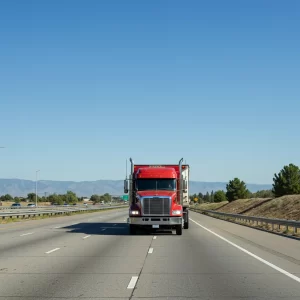
How Do Emission Control Systems Work on Trucks?
Understanding Truck Emission Control Systems | A Driver’s Guide
The Clean Truck Check is a core part of California’s Heavy-Duty Vehicle Inspection and Maintenance Program (HD I/M Program), designed to monitor emissions from diesel and alternative fuel trucks, buses, and motorhomes. Registration ensures compliance with CARB Compliance Testing requirements, allowing fleets and owner-operators to legally operate vehicles over the Gross Vehicle Weight Applicability Threshold of 14,000 pounds. The process involves creating a Clean Truck Check Account (Entity Account), registering vehicles through the CTC-VIS Portal (Clean Truck Check Vehicle Inspection System), paying the Annual Compliance Fee, and submitting proof of passing Diesel Emissions Inspections, such as Onboard Diagnostics (OBD) Testing, Smoke Opacity Tests, and Emissions Control Equipment Inspections.
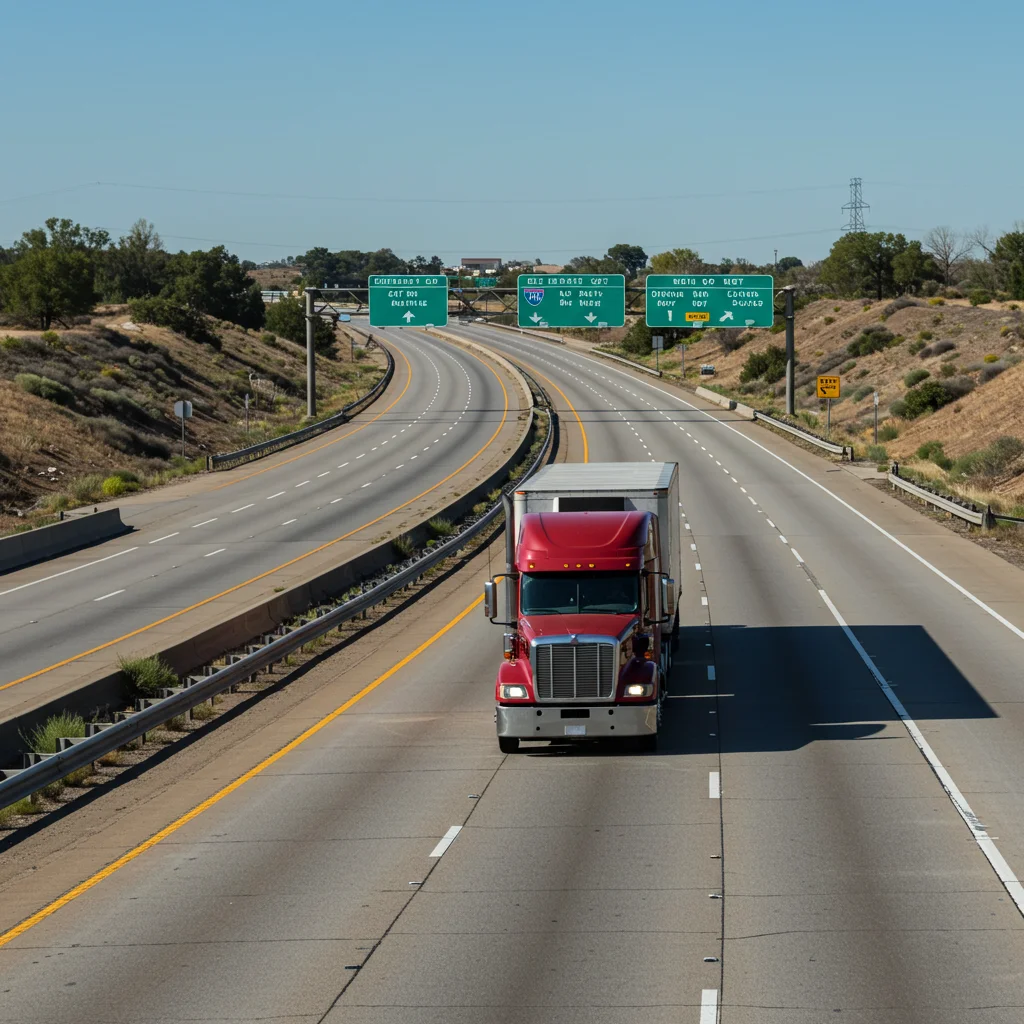
Before creating an account, vehicle owners must confirm whether their units fall under the program’s applicability. Vehicles subject to compliance include diesel vehicles with OBD (SAE J1937/J1979 connectors), diesel vehicles without OBD, on-road agricultural vehicles, and most in-state and out-of-state heavy-duty trucks. Exemptions apply to zero-emission vehicles, military tactical vehicles, authorized emergency vehicles, historical vehicles, and vehicles operating under experimental permits. To register successfully, operators must ensure vehicle emissions control systems are intact, there are no outstanding OBD-related recalls, and all owner and vehicle information is properly reported in the system. For example, operators undergoing the Clean Truck Check in Beaumont, CA must also provide proof of passing a Compliance Test before the CARB Compliance Certificate can be issued, which then links directly to DMV registration renewal.
To begin registration, fleets and owner-operators must set up a Clean Truck Check Account (Entity Account) on the official CTC-VIS Portal. This online platform serves as the hub for entering vehicle and owner information, paying the Annual Compliance Fee, and receiving compliance notifications. During account setup, users must provide accurate VINs, gross vehicle weight details, and emissions certification information. The portal also requires acknowledgment that all emission control labels are intact, there are no cases of tampering, and that operators will comply with periodic Diesel Emissions Inspections and electronic emissions inspection submissions.
Once the account is established, vehicles must be added individually into the CTC-VIS Portal (Clean Truck Check Vehicle Inspection System). For each vehicle, users must upload identifying information, confirm emissions control equipment, and ensure compliance with the HD I/M Program. The system requires payment of the Annual Compliance Fee per vehicle, after which the vehicle becomes eligible for CARB Compliance Testing. The registration process also integrates with DMV systems, ensuring instant reporting and DMV record updating once a compliance test is passed. Clean Truck Check in Ferrum, CA is an essential step in the process, and both in-state and out-of-state fleets must complete this process if they plan to operate within California.
After successfully registering, each vehicle receives a CARB Compliance Certificate, which proves that the vehicle has met all Compliance Testing Requirements. This certificate is linked to Vehicle Registration Renewal, meaning that trucks, buses, and motorhomes cannot renew DMV registrations without a valid certificate. The Annual CARB Compliance Fee is charged per vehicle, with payment processed directly through the CTC-VIS Portal. Deadlines for renewal are typically based on DMV registration expiration dates or VIN-based compliance cycles, and missing these deadlines can result in citations, blocked DMV registrations, or civil penalties.
Following registration, vehicles must undergo routine Diesel Emissions Inspections to maintain compliance. Testing methods include Onboard Diagnostics (OBD) Testing, which checks for Diagnostic Trouble Codes (pending, stored, and permanent), monitor readiness, and drive cycles. A Smoke Opacity Test (SAE J1667) is required for certain vehicles without OBD systems. Additionally, the Emissions Control Equipment Inspection ensures that components like diesel particulate filters are functioning properly. Operators should be mindful of battery disconnect effects on OBD data, as this can reset monitor readiness and delay compliance submissions. Test results are transferred electronically to CARB and DMV databases, providing instant reporting and DMV record updating.
Compliance deadlines are determined by either DMV registration expiration dates or VIN-based deadlines, depending on vehicle type. Both California-based fleets and out-of-state fleets operating within the state must meet these requirements. Missing deadlines may lead to enforcement actions, including citations, excessive smoke violations, emission control label violations, tampering charges, and refusal of inspection. Out-of-state fleets benefit from same-day and on-demand mobile compliance testing services, which help complete inspections while traveling in California. Compliance deadlines apply equally to heavy-duty vehicles, buses, and motorhomes that exceed the 14,000-pound gross vehicle weight threshold.
Many operators face challenges during registration, such as incomplete data entry in the CTC-VIS Portal, incorrect VIN submissions, or unpaid Annual Compliance Fees. Another common issue is vehicles failing Diesel Emissions Inspections due to active Check Engine Malfunction Indicator Lights (MIL), unresolved Diagnostic Trouble Codes, or poor results from Smoke Opacity Tests. Problems can also occur when battery disconnects erase OBD data, requiring additional drive cycles before the system is ready for testing. To avoid these issues, operators in areas like Clean Truck Check in Edgemont, CA are encouraged to keep records organized, ensure all emissions systems are intact, and rely on CARB-approved mobile compliance testing services for timely testing and electronic submission of results.
Many fleets ask whether CARB Compliance Testing Mobile Services can be used instead of stationary inspections, and the answer is yes. Authorized providers offer same-day and on-demand mobile services that handle OBD testing, smoke opacity inspections, and emissions data transfer directly into the CARB database. Another common question is whether vehicles under 14,000 pounds need to register; the program only applies to vehicles above this threshold. Operators also ask how results affect Vehicle Registration Renewal; once a passing test is submitted, the data is instantly shared with DMV, ensuring a smooth renewal process. Finally, some ask about enforcement—civil penalties, citations, and blocked DMV registrations apply to those who fail to register or complete compliance testing requirements.

Understanding Truck Emission Control Systems | A Driver’s Guide
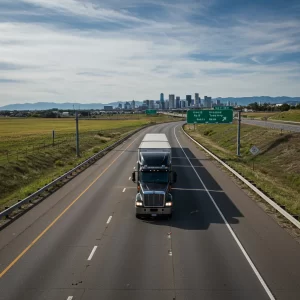
What is the Lifespan of Truck Emissions Components | Guide to Durability and Replacement
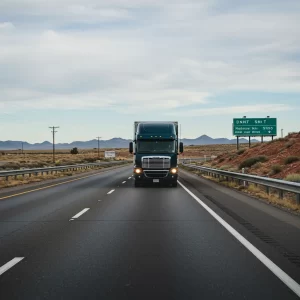
Are New Diesel Trucks Reliable with Emissions Systems | What You Need to Know
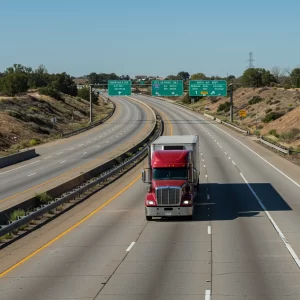
Truck Emissions Maintenance | How to Reduce Pollution and Boost Efficiency
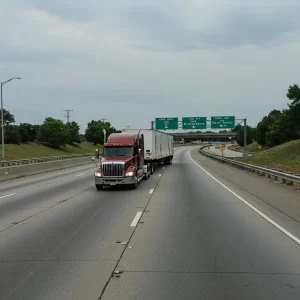
Reduce Truck Emissions | Practical Ways to Lower Your Carbon Footprint
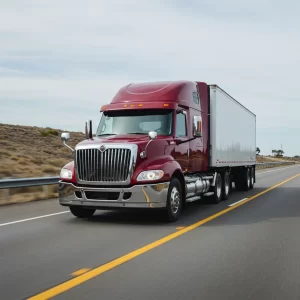
What Causes High Diesel Emissions | Key Factors You Need to Know